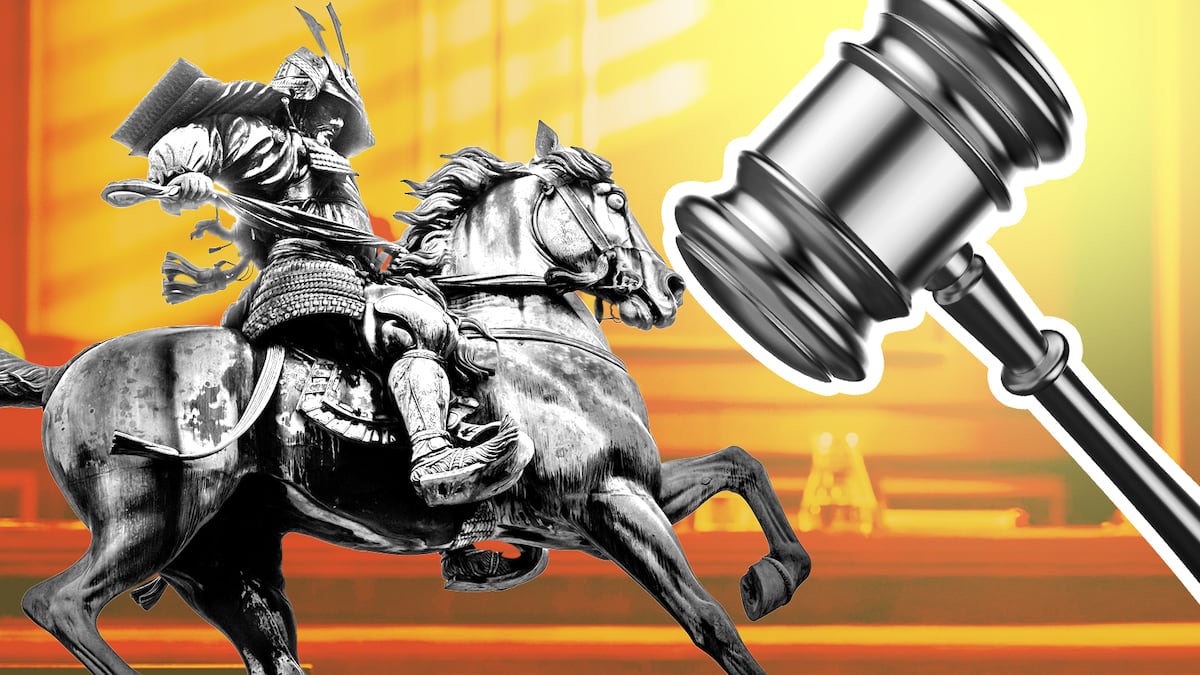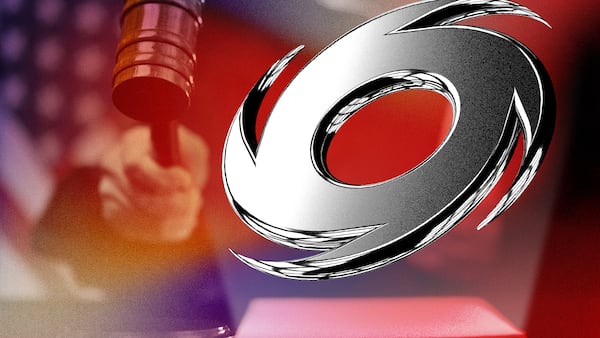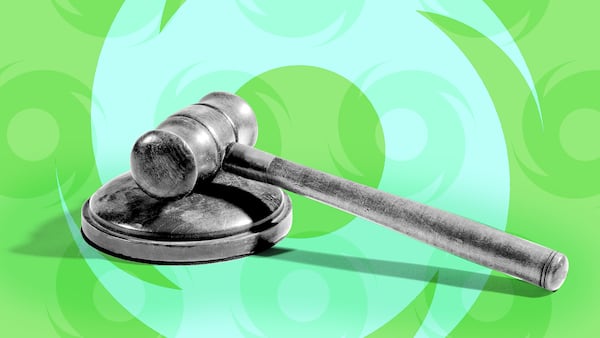- Samourai Wallet co-founders Keonne Rodriguez and William Lonergan Hill pleaded guilty to conspiracy to run an unlicensed money-transmitting business.
- Tornado Cash dev Roman Storm is on trial in the courthouse next door.
- Samourai Wallet washed 'dirty Bitcoin,' prosecutors said.
The co-founders of a popular Bitcoin mixing service pleaded guilty on Wednesday to conspiracy to operate an unlicensed money transmitting business.
Samourai Wallet co-founders Keonne Rodriguez and William Lonergan Hill did not plead guilty to a separate money laundering charge. They will be sentenced in November.
Their plea deal in US court in New York came amid closing arguments in the separate criminal trial of Roman Storm, the co-founder of Tornado Cash, another so-called crypto mixer.
Jurors in that case could deliver a verdict as early as Wednesday.
Crypto privacy
Like the Samourai co-founders, Storm is facing charges of conspiracy to launder money and to operate an unlicensed money transmitting business.
But the Tornado Cash co-founder has also been charged with conspiracy to violate US sanctions. He faces more than 40 years in prison.
The prosecution of the developers behind Samourai Wallet and Tornado Cash have galvanized crypto proponents who fear financial and technological privacy rights are in jeopardy.
Guilty verdicts would have far-reaching consequences, they say, as they would imply that many developers of privacy-enhancing software can be held criminally liable for their work.
Whirlpool feature
Launched in 2015, Samourai Wallet is a mobile Bitcoin wallet available on the Google Play store, where it was downloaded more than 100,000 times, according to court papers. It was removed from the store after the founders were charged last year.
In 2017, the venture launched a privacy-enhancing feature called Ricochet, which routed Bitcoin transfers through additional wallets to complicate attempts to trace the Bitcoin to its ultimate destination, prosecutors said.
Two years later, Samourai launched the Whirlpool feature, which mixes users’ Bitcoin, making it difficult, if not impossible, to trace.
More than $2 billion in Bitcoin has passed through the Ricochet and Whirlpool features, according to court papers. About $250 million of that Bitcoin came from various hacks and scams, prosecutors allege.
And the Samourai co-founders had knowledge of this activity, according to the indictment.
In a WhatsApp exchange in January 2018, Rodriguez, asked to explain what “mixing” was, replied, “money laundering for Bitcoin,” said court papers.
‘Samourai Wallet was overwhelmingly used — by tens of thousands of everyday people.’
— Defence attorney
On Dread, a darkweb alternative to Reddit, one user in the “laundromat” forum asked other users to recommend “secure methods to clean dirty BTC” so they would “never get caught.”
Hill recommended Samourai Whirlpool, according to the indictment.
Legitimate purpose
While dirty Bitcoin flowed through Samourai, Rodriguez and Hill ran a Samourai server and paid for web hosting services and Google Play store fees.
By April 2024, they had collected a cumulative $4.5 million in fees from Samourai users, according to the indictment.
For months, Rodriguez and Hill fought the charges, echoing claims Storm has made in his defense.
“Far from the money-laundering bogeyman portrayed by DOJ, Samourai Wallet was overwhelmingly used — by tens of thousands of everyday people — for a legitimate purpose: to keep their private financial information private,” Rodriguez’s attorney wrote in a motion to dismiss the charges.
“Essentially, Samourai allowed users to avoid posting the cryptocurrency-equivalent of their private credit card or bank statements on the internet for all the world to see.”
Key to the developers’ defence was 2019 guidance from the Treasury Department’s Financial Crimes Enforcement Network, or FinCEN, which stated “an anonymizing software provider is not a money transmitter.”
Indeed, officials at FinCEN reiterated that view in a call with prosecutors in August 2023 — six months before the prosecutors charged the Samourai co-founders.
“Because Samourai does not take ‘custody’ of the cryptocurrency … that would strongly suggest that Samourai is NOT … acting as an [money services business],” one of the prosecutors wrote in an email summary to their supervisor.
The substance of that call became a point of controversy in May, when defence attorneys complained that prosecutors had not furnished the potentially exculpatory information until they were asked for it directly.
Before Wednesday’s plea agreement, Rodriguez and Hill were set to go to trial in November.
Letter campaign
The allegation that the founders ran an unlicensed money-transmitting business drew substantial criticism from the crypto industry and its supporters.
In May 2024, Senators Cynthia Lummis, a Republican from Wyoming, and Ron Wyden, a Democrat from Oregon, wrote then-Attorney General Merrick Garland to protest the Department of Justice’s “unprecedented” interpretation of the federal money-transmitting law, which, they said, threatened to criminalise developers of non-custodial crypto software.
And in March, more than 30 crypto companies and lobbying firms signed a letter to lawmakers decrying prosecutors’ decision to bring money-transmitting charges against the Samourai and Tornado Cash co-founders, writing, “under this interpretation, essentially every blockchain developer could be prosecuted as a criminal.”
A month later, the Department of Justice published a four-page memo stating it no longer intended to pursue cases in which it charges crypto mixers “for the acts of their end users or unwitting violations of regulations.”
Nor would it pursue charges for unlicensed money transmitting, violations of the Bank Secrecy Act, or failure to register with US financial regulators without evidence the mixers knew of those requirements.
In a footnote, however, the department said it was not changing its guidance in cases where business owners know they’re handling dirty money.
Rodriguez and Hill were arrested in the US and in Portugal, respectively, in April 2024.
Aleks Gilbert is DL News’ New York-based DeFi correspondent. You can reach him at aleks@dlnews.com.







